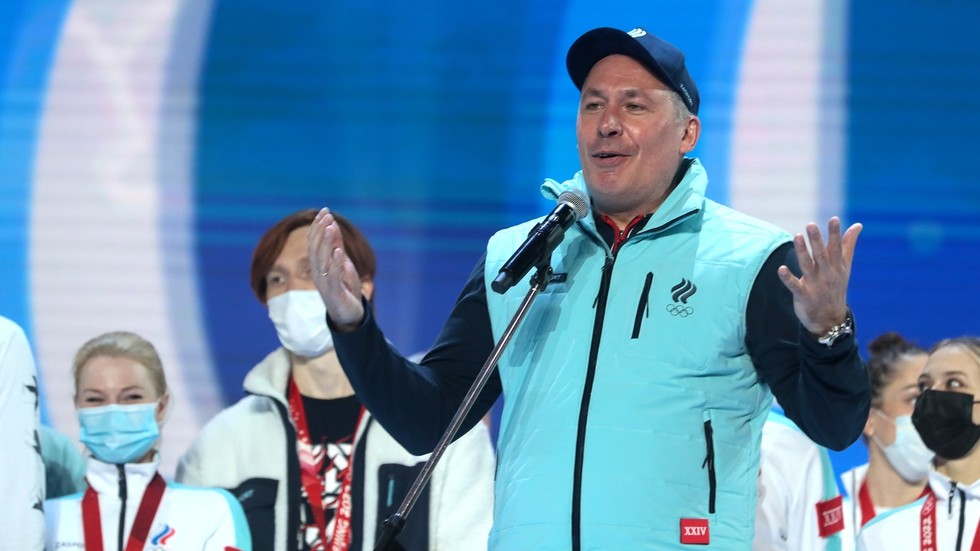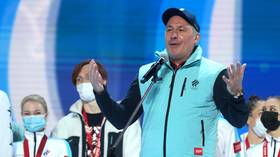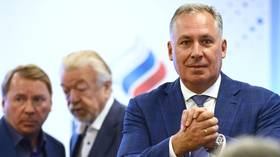
Stanislav Pozdnyakov will be among those taking part in the IOC meeting later this month

Pozdnyakov will ensure Russian participation at the event. © RIA Novosti / Vitaly Belousov
Russian sports official Stanislav Pozdnyakov has been invited to a summit convened by the International Olympic Committee (IOC) on December 9, where “significant” issues for the future of the Olympic movement will be discussed.
Pozdnyakov, who is president of the Russian Olympic Committee (ROC), was included among the list of invitees for the IOC gathering shared on Monday.
The meeting will be held at Olympic House in Lausanne, Switzerland, but will also involve participation via videolink.
It will be chaired by IOC president Thomas Bach, with figures including FIFA president Gianni Infantino among a host of key international sporting officials invited.

Russian participation will potentially give Pozdnyakov a chance to discuss the widespread bans imposed on athletes from his country, following an IOC recommendation in February because of the conflict in Ukraine.
Among the topics slated for discussion at the summit are the Paris 2024 Olympic Games as well as the “state of the Olympic movement.”
Russian officials are hopeful that the current bans on the nation’s athletes will be overturned in time for them to compete in qualifying events for the Paris Games.
“The Olympic Summit brings together leading representatives of the Olympic Movement. It forms part of the ongoing dialogue and consultation on important issues and subjects of significance for the future of the Olympic Movement,” read an IOC statement.
IOC president Bach has defended the recommendation for bans on Russia and Belarus, claiming that they partly serve to protect athletes from supposed hostility they would face outside their homelands.
Bach has stated in recent weeks that it is still “not the time” to consider reversing the IOC’s recommendation.
Global sport ‘losing relevance’ without Russia – minister
Russian officials, including Pozdnyakov, have strongly decried the bans as discriminatory and undermining the principle that sport should be separate from politics.
It has also been pointed out that athletes from other countries – not least the US and its NATO allies – were not subject to similar sanctions when their governments launched foreign military campaigns.




